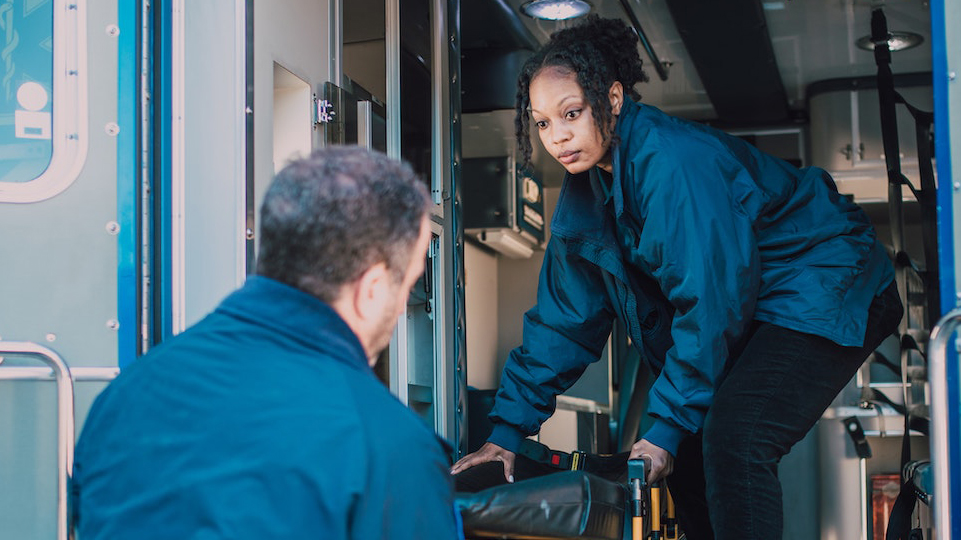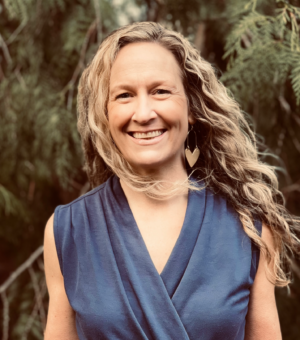
Apply Now: Community Responder/Crisis System Learning Community
********This application deadline has passed********
The Council of State Governments (CSG) Justice Center, in collaboration with the Center for Policing Equity (CPE), is hosting a virtual learning community focused on expanding community response teams and crisis system delivery through public health and community-centered approaches. The learning community will be led by CSG Justice Center policy staff and include opportunities for mutual learning and presentations from various attendees and leaders in the field. Participants will engage in process-oriented planning during the learning community sessions to significantly enhance their community’s emergency response system and include community responders as a way to divert community members in crisis from jails and emergency rooms and build out connections to care.
Teams will work through and complete a logic model. Upon completion of the learning community, they will be equipped with an action plan to help build their own community response program, including an implementation and funding plan. Sessions will cover key topics such as goal setting, community engagement, resource mapping, stakeholder buy-in, program development, sustainability, and more.
The Community Response/Crisis System Learning Community session dates will be:
- November 16, 2023
- January 11, 2024
- March 7, 2024
- May 2, 2024
- July 11, 2024
All sessions will take place 2:00–3:30 p.m. ET via Zoom web meeting.
If you have any questions, contact Anne Larsen at alarsen@csg.org.
This application should take approximately 10 minutes to complete.
Who should apply?
This learning community is open to teams that are in the planning or early implementation phase of developing a community responder program in their community. For the purposes of this application, we define community responder programs as: teams staffed by social workers, peers, mediators, EMTs, or paramedics. These teams provide a range of services including immediate assistance to people experiencing behavioral health (i.e., mental health and substance use) crises, wellness checks, assistance with housing needs, and additional low-level calls for service.
- Planning phase: A jurisdiction in its PLANNING phase has decided that a community responder program is appropriate to meet its needs and is taking steps to eventually implement the program. The jurisdiction should have a designated “point person” whose job consists of relaying the information learned during community listening sessions into clear and identifiable goals for the program.
- Early implementation phase: A jurisdiction in its EARLY IMPLEMENTATION phase has secured funding for its community responder program and designated a program manager to work with the advisory group.
Unsure about what phase your community responder team is in? Use the Expanding First Response Assessment Tool to help identify your community’s phase, whether it’s in exploration, planning, early implementation, pilot, or fully operational.
Applicants must have a shared team vision to use alternative approaches to community members in crisis due to poverty, substance use, and mental health in lieu of a law enforcement response.
Who should participate?
Applicants must participate as an interdisciplinary team, with each team including representatives such as (1) a behavioral health/public health representative; (2) a first responder (from law enforcement, fire, dispatch, emergency medical services); (3) a representative from community-based programs such as recovery services, peer supports, or shelter/ housing; (4) a community representative; and (5) a local city/county staff person or elected official. In addition to these team members, applicants are encouraged to include a community member or family member who has experienced or been impacted by substance use, mental health, or incarceration.
Photo by RDNE Stock project via Pexels
Project Contact

 New Hampshire Continues Justice Reinvestment Effort to Improve Conditions for People Who Are High Utilizers of Criminal Justice and Behavioral Health Systems
Read More
New Hampshire Continues Justice Reinvestment Effort to Improve Conditions for People Who Are High Utilizers of Criminal Justice and Behavioral Health Systems
Read More
 New Hampshire Commission Reviews Final Policy Recommendations to Reduce Reliance on Incarceration as Part of Justice Reinvestment Initiative
Read More
New Hampshire Commission Reviews Final Policy Recommendations to Reduce Reliance on Incarceration as Part of Justice Reinvestment Initiative
Read More
 Three Things to Know About New Jersey’s Groundbreaking Community Response Legislation
Three Things to Know About New Jersey’s Groundbreaking Community Response Legislation
In response to growing calls for police reform in New Jersey, particularly following the shootings of Najee Seabrooks and Andrew Washington in March and August 2023, a coalition of law enforcement officials, mental health professionals, and community advocates partnered to explore public safety response alternatives.
Read More












